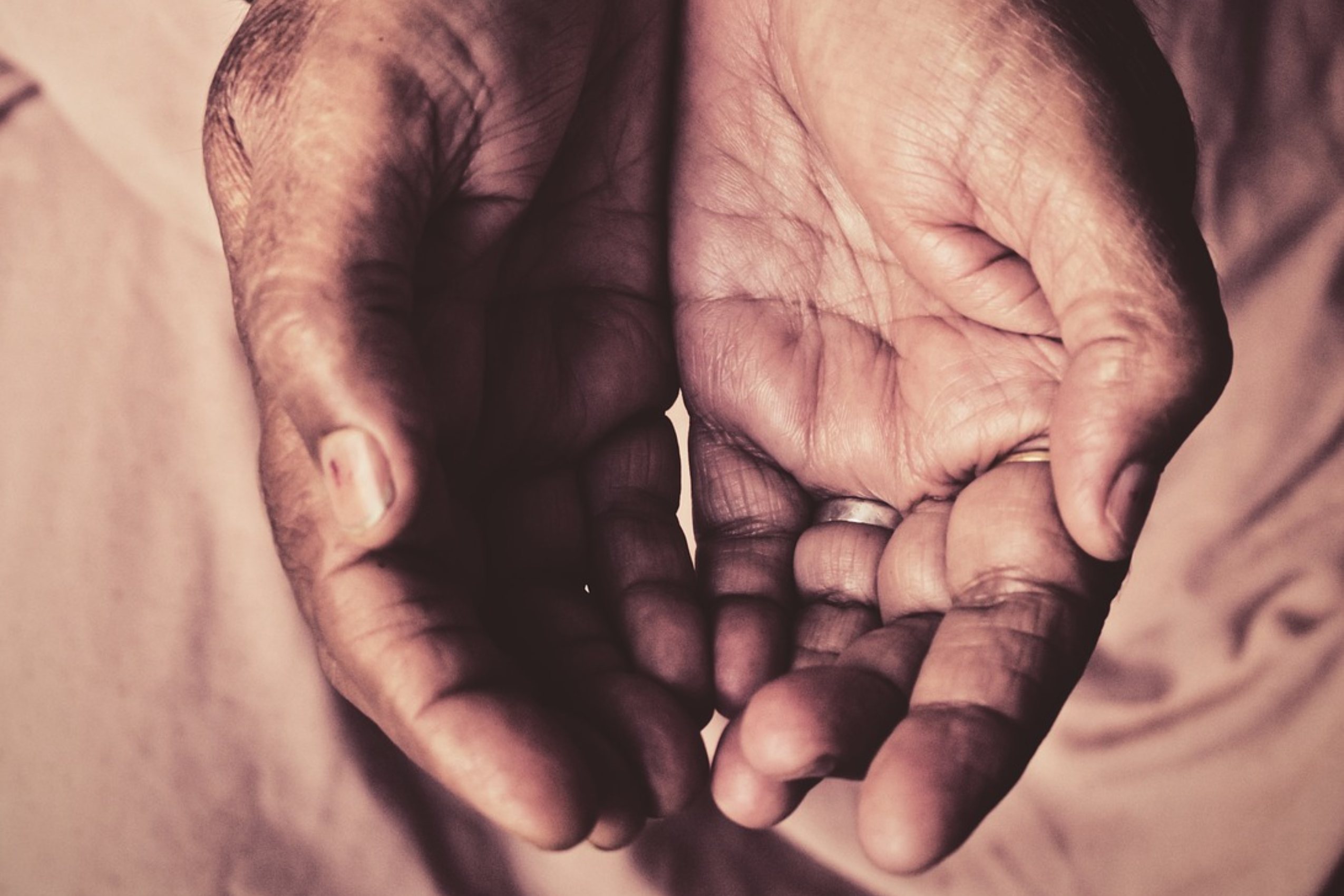India’s surge of COVID-19 cases is amplifying the global burden of illness and death and straining the country’s healthcare system.
As treatment supplies of oxygen and medicine run low, the workers caring for patients are increasingly overtaxed.
Care work should be valued as an infrastructure of COVID-19 treatment, and hospital workers and families deserve greater support for their labor, says Harris Solomon, a medical anthropologist at Duke University.
The following quotes are available for use in your coverage of the COVID-19 pandemic in India.
Quotes:
“The COVID-19 crisis has exposed care labor at its limits,” says Harris Solomon, a medical anthropologist at Duke University who studies emergency medical care in India.
“We systematically overlook care labor and the need to compensate it when we describe overtaxed medical systems. This is particularly true in India, where care labor is a vital asset available to under-resourced public hospitals. That includes the work of doctors, but there are many other workers without whom hospitals would grind to a halt.”
“Greater value must be placed on the work of nurses, technicians, orderlies, cleaners and morgue workers in hospitals, as well as the extraordinary efforts of patients’ relatives to secure and fund care.”
“Members of South Asian diasporic communities are under immense strain as they support their families in India. Their care at a distance is an essential yet fraught aspect of pandemic labor.”
“When policymakers discuss rebuilding health care capacity after the pandemic, the discussions often center on vaccines and physical infrastructures. Equally important, in both India and the United States, must be discussions about better compensation for care workers. You can add a bed to a hospital but caring for the person in the bed is another matter. The impressive techno-wizardry of mRNA vaccines should not distract us from the fundamental fact that human beings are our first responders in this crisis.”
Bio:
Harris Solomon
Harris Solomon is an associate professor of cultural anthropology and global health at Duke University. Trained in medical anthropology and public health, he is an award-winning researcher who studies the social dimensions of medicine, health care and epidemics in India and the United States.
For additional comment, contact Harris Solomon at:
harris.solomon@duke.edu
—
Media Contact:
Amanda Solliday
amanda.solliday@duke.edu
—
Duke experts on a variety of other topics related the coronavirus pandemic can be found here.
Follow Duke News on Twitter: @DukeNews
